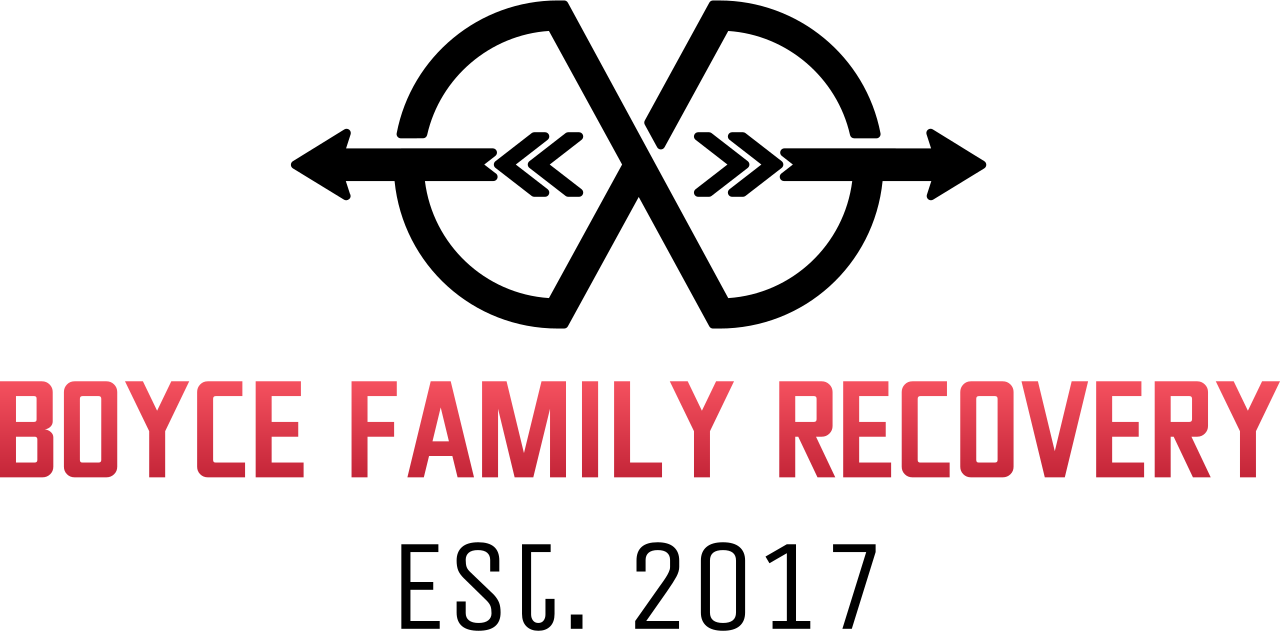Why is Trauma-Informed Coaching Important?
Why is Trauma-Informed Coaching Important?
Written by: Mel Paston
Over the last several years as awareness and acceptance of the connection between trauma, mental health and addiction have become more widespread, it is crucial for recovery coaches, like ourselves at BFR, to have a deep understanding of what trauma is and how to recover from it, in order to better support our clients.
The word “trauma”, as defined by the Substance Abuse and Mental Health Services Administration (SAMHSA), refers to experiences that cause intense physical and psychological stress reactions. It may refer to “a single event, multiple events, or a set of circumstances that is experienced by an individual as physically and emotionally harmful or threatening and that has lasting adverse effects on the individual’s physical, social, emotional, or spiritual well-being” (SAMHSA, 2012, p. 2).
We frequently find clients stuck in their trauma without even realizing it. When you cannot “flight or flight”, — as in the case of a traumatized individual — your brain tunes out in order to cope. Tuning out or disassociating is a way of coping with overwhelming stress and this way of coping or self-soothing.
As trauma-informed recovery coaches, we have a responsibility to provide the latest research and information, psycho-education and knowledge. This is to help our clients and their families better understand the concepts, effects and symptoms of mental health or addiction and how it relates to trauma. This is done with compassion and sensitivity, bearing in mind possible misconceptions or lack of knowledge regarding the issue at hand.
Often times the very people who have been exposed to trauma have little understanding of what trauma is, and how it has effected, or is affecting, their lives and the lives around them. When people talk about trauma, there is sometimes an emphasis on PTSD and the impact of single traumatic incident on a person’s functioning (i.e. being in an accident or sexually assaulted), however early adverse childhood events can sometimes be the root of some mental health struggles. Many people may struggle to make sense of their experiences, and this is where the role of providing psycho-education about trauma should not be underestimated. Sharing experience, strength and hope alone with education, tools and accountability are the very gifts we provide as trauma-informed coaches and may be the key to a lasting recovery.
Essential to trauma-informed recovery coaching is providing safety, both physically and psychologically, and of course avoiding re-traumatization.
As we help our clients gain a better understanding of the role trauma has had in their lives and how, if left untreated may lead to relapse, we gently guide our clients to help them heal.
Along with our own honed coaching skills, we still refer to other professionals such as psychologists and psychiatrists to assist our clients.
There is a saying we like use at Boyce Family Recovery, and it is that “it takes a village.” It takes a village to get well! Unfortunately mental health and addiction have a way to finesse itself into the family, making everyone in the dynamic sick. It can be the same with trauma, as trauma is often an underlying cause or condition to an individual’s behaviors. Be patient and keep trying as the pathway to recovery ebbs and flows.

